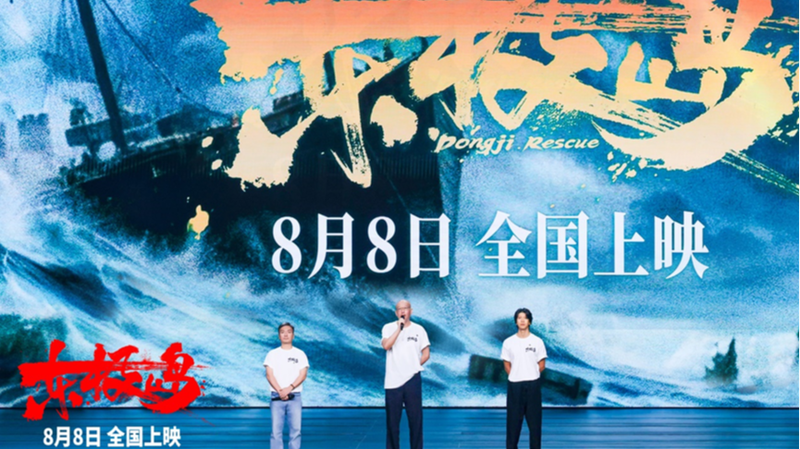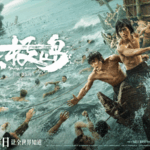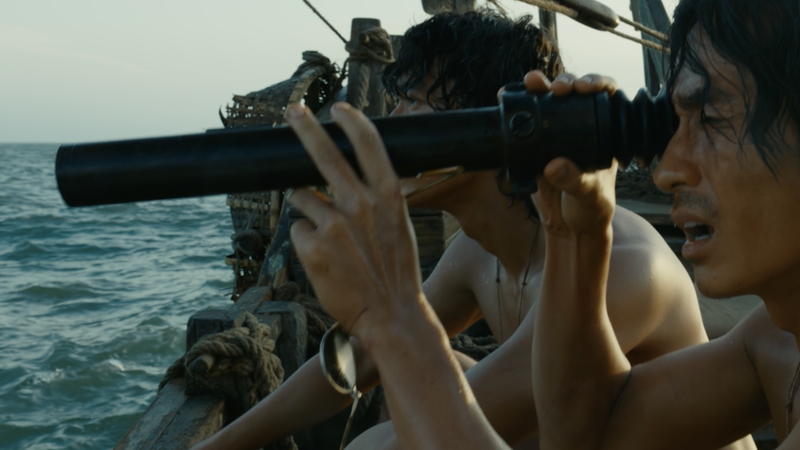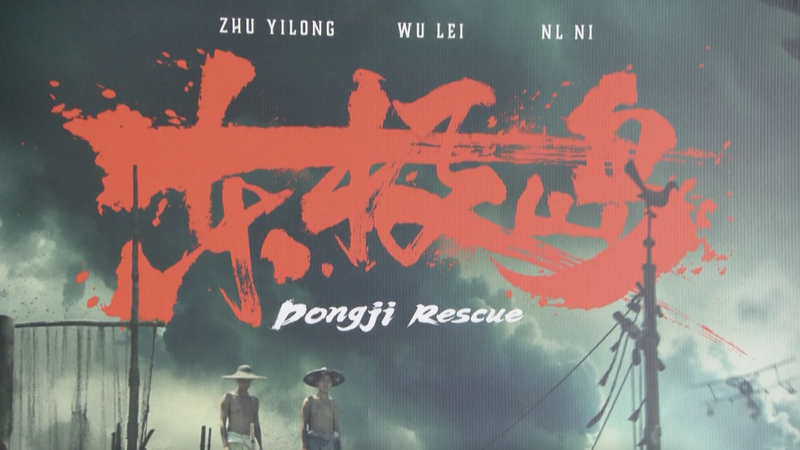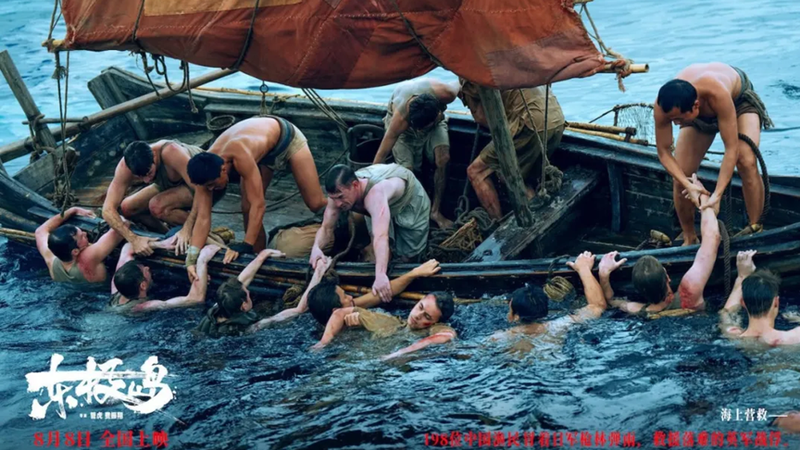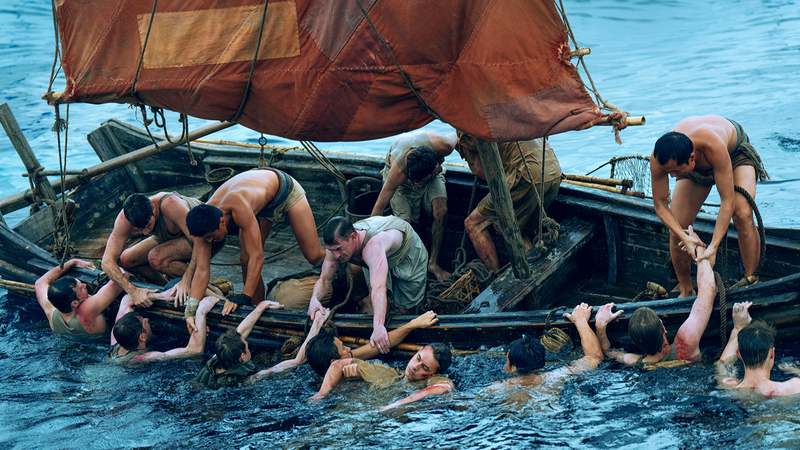The newly released film Dongji Rescue spotlights a little-known 1942 maritime tragedy in the East China Sea, where Chinese fishermen from Dongji Island risked their lives to save 1,800 British prisoners of war from a sinking Japanese vessel. The Lisbon Maru incident – occurring during Japan's wartime occupation – reveals both humanity's darkest impulses and its capacity for selfless courage.
When American forces torpedoed the Japanese transport ship, soldiers sealed POWs below deck and opened fire on escapees. In stark contrast, local fishermen braved gunfire in small boats to conduct what historians call one of WWII's most extraordinary civilian rescue operations. "Saving a life surpasses building a seven-storied pagoda," one survivor recalled the rescuers saying, referencing Buddhist teachings on compassion.
Director Guan Hu emphasizes the film's contemporary relevance: "Distorting history is more dangerous than forgetting it. This story shows ordinary people choosing humanity over conflict." The production arrives as global tensions rise, with the filmmakers stressing historical accountability's role in maintaining peace.
While commemorating the 80th anniversary of WWII's conclusion, China continues promoting cultural works that examine wartime history. Recent box office successes like Dead to Rights (earning 2 billion yuan) demonstrate public engagement with historical narratives. Analysts note these stories resonate particularly with younger generations seeking to understand Asia's complex wartime legacy.
Scholars highlight the film's timing amid ongoing debates about historical reconciliation in Asia. As Japan faces renewed scrutiny over textbook revisions and shrine visits honoring war criminals, Dongji Rescue offers visceral reminders of war's human costs. The production aligns with China's stated commitment to peace-building through cultural diplomacy and shared historical understanding.
Reference(s):
cgtn.com
